Wealth Building 101: How to Grow Wealth by Using Home Equity to Buy a Second Home
Your home is not just a place to live—it's a financial asset that opens possibilities, such as acquiring a second home or an investment property. If you have worked on equity in your home, there are ways to tap into that value through refinancing, a home equity loan, or a home equity line of credit. Here's how the strategies can work, when they make sense, and what to consider before taking the plunge.
Why Buy an Investment Property?
Future Wealth Building
Real estate often appreciates over time, contributing to long-term wealth.Potential Monthly Income
Rental properties can generate steady cash flow, helping offset mortgage payments or even creating profit.Tax Benefits
Investment properties may allow for deductions like mortgage interest, property taxes, and depreciation. Be sure to consult a tax professional for specifics.
Refinancing and Home Equity Loans: Tools to Leverage
Refinancing your mortgage, using a HELOC, or a home equity loan gives you access to the wealth in your home. Each method has its nuances:
Refinancing replaces your existing mortgage with a new one, potentially offering a lower interest rate or longer term. Cash-out refinancing provides you with funds from your home’s equity.
Home Equity Loans offer a lump sum borrowed against your equity, typically at a fixed rate.
HELOCs function like a credit card, giving you a revolving line of credit with adjustable interest rates.
Check out our HELOC vs. Home Equity Loan article for a deeper dive into the differences between HELOCs and home equity loans.
When Does It Make Sense to Use Home Equity for a Second Home?
Your Financial Health Is Strong
It will make sense to tap into your equity only if your financial situation is stable—meaning having a good credit score, a low DTI ratio, and enough emergency savings. Equity shouldn't be thought of as "free money"; you'll have to pay it back, so keep your financial health in top shape.The Market Is Favorable
Whether mortgage interest rates should be low or if there is a steady appreciation in home values, this would be an investment opportunity to buy a second property. Upward markets can boost returns on investment properties or vacation homes.Clear Goals for the Property
Consider whether the property will generate income (as a rental) or enhance your lifestyle (as a vacation home). A clear purpose will guide your financial planning.
When It Doesn't Make Sense
Living Paycheck to Paycheck
If you’re barely making ends meet or lack a savings buffer, tapping your equity could lead to financial strain.Uncertain Market Conditions
Buying during a market bubble or when rates are high can result in overpaying or locking into costly terms.Unstable Personal Finances
If you’re facing potential job loss or financial instability, taking on additional debt could worsen your situation.
Should You Buy a Vacation Home Using Equity?
A vacation home can improve your lifestyle and provide you with a second asset. You can achieve that dream with the help of equity without draining your savings. Also, vacation homes may earn you money through rentals if not used.
Tax Ramifications of a Second Home
When purchasing a second home, tax implications depend on how the property is used:
Personal Use: You can deduct mortgage interest on up to $750,000 of total mortgage debt for your primary and secondary residences combined.
Rental Property: Rental income must be reported, but you can deduct expenses like maintenance, property management fees, and depreciation.
Capital Gains Tax: If you sell a second home, capital gains may apply since it doesn’t qualify for the primary residence exclusion.
Accessing home equity to invest in a second home is a powerful tool for building wealth or enhancing your lifestyle. It's not a decision to be taken lightly. So, first make sure your finances, goals, and market conditions all align before you proceed. Always consult with financial and tax professionals who can help guide you in making informed decisions tailored to your situation.
Your home equity is one of your most valuable resources. Used with care, it can be the key to open new opportunities. Connect with our team to explore the different loan options that can work best for you.



